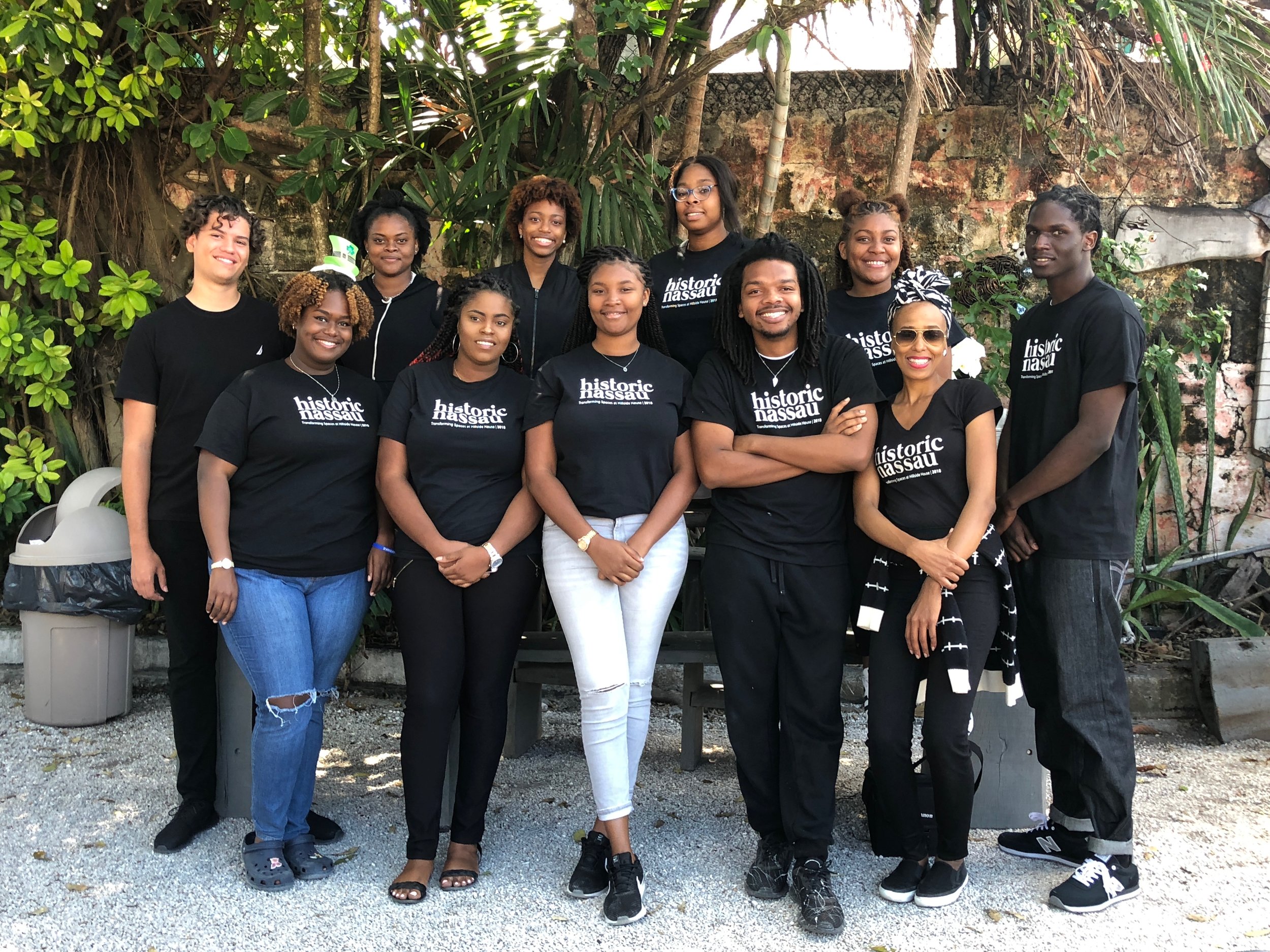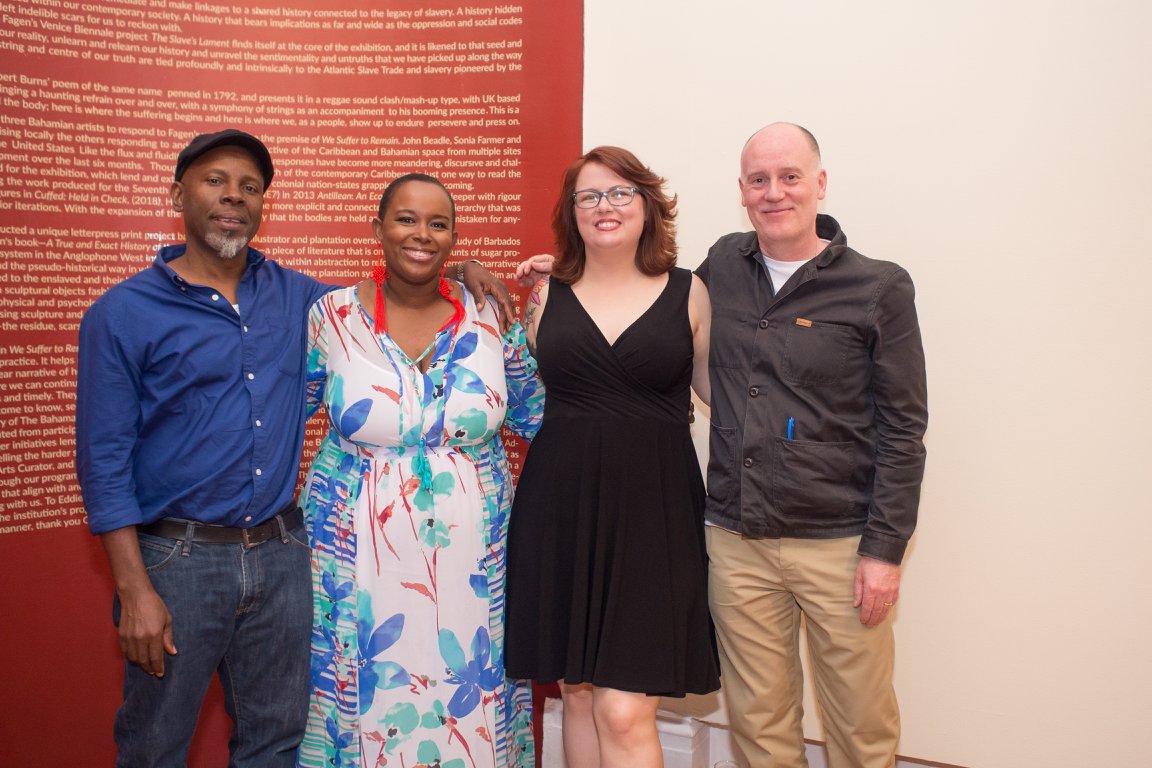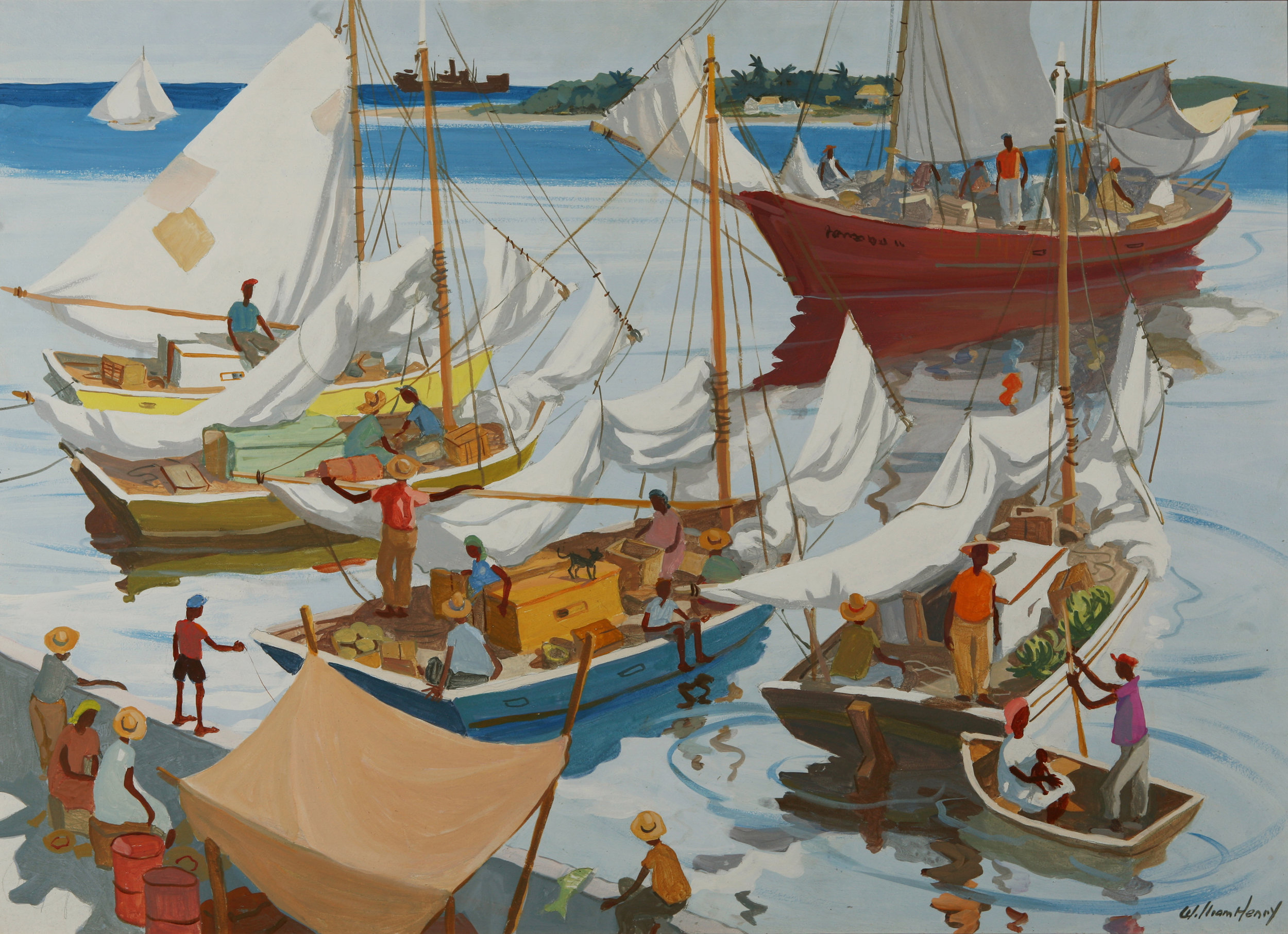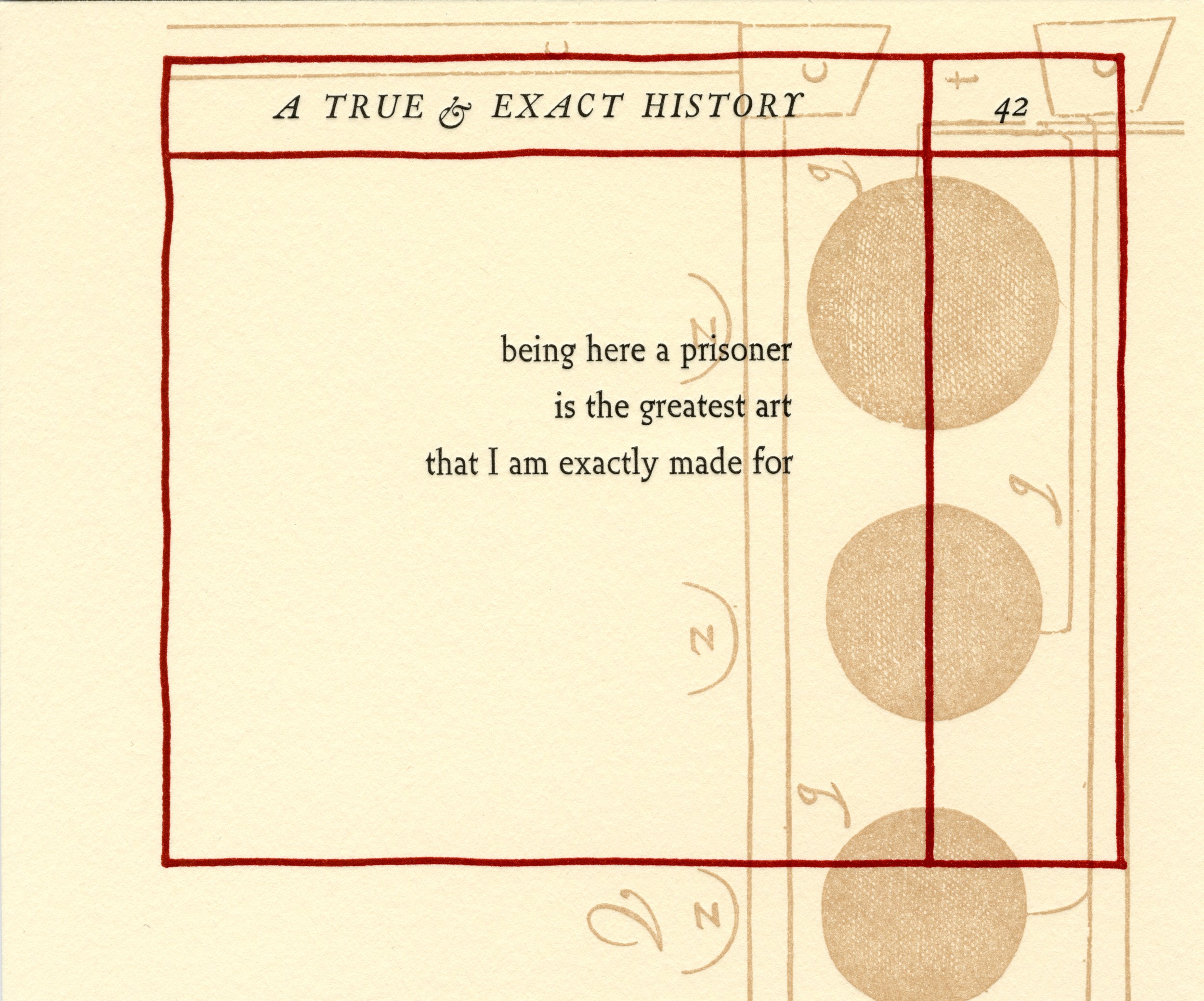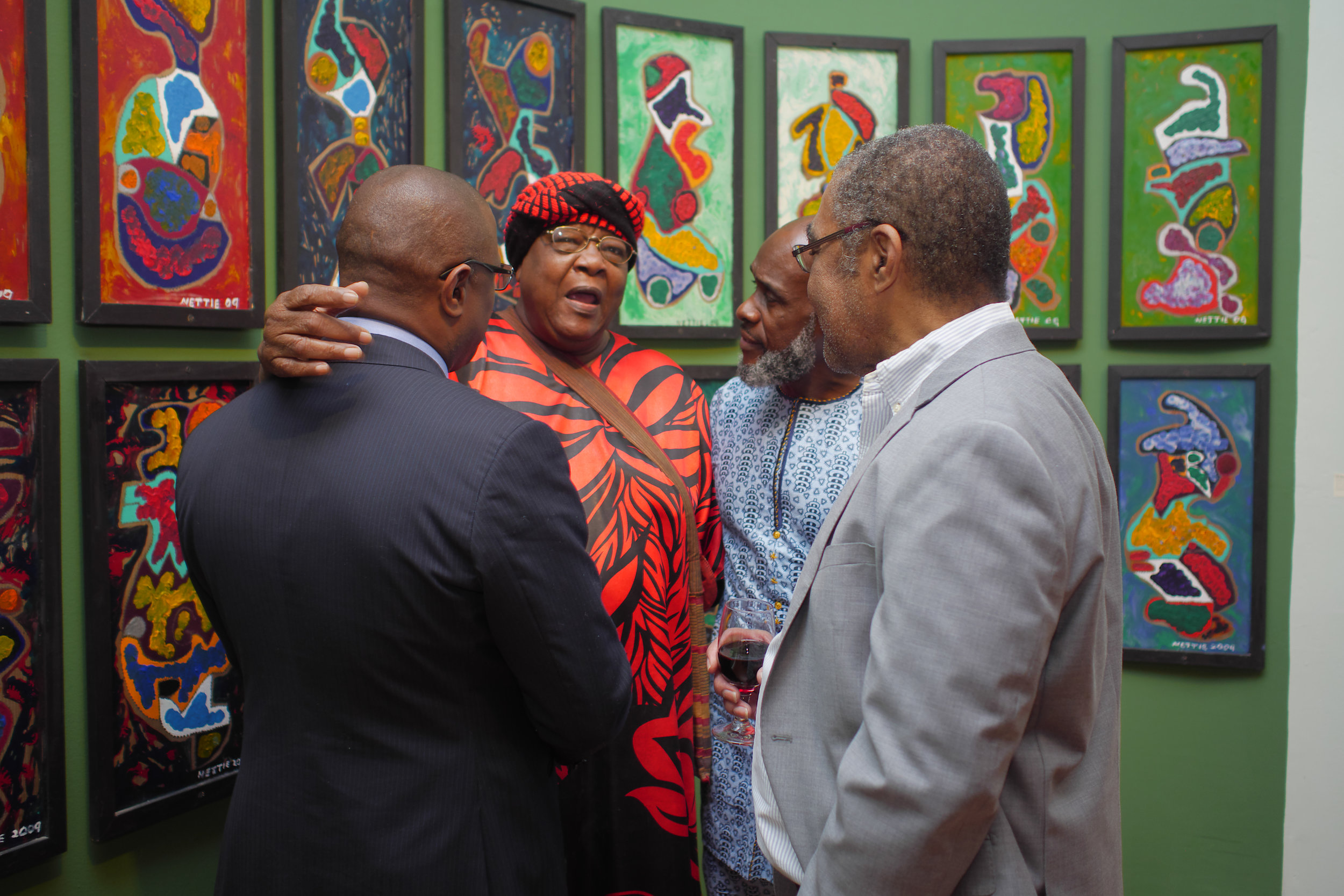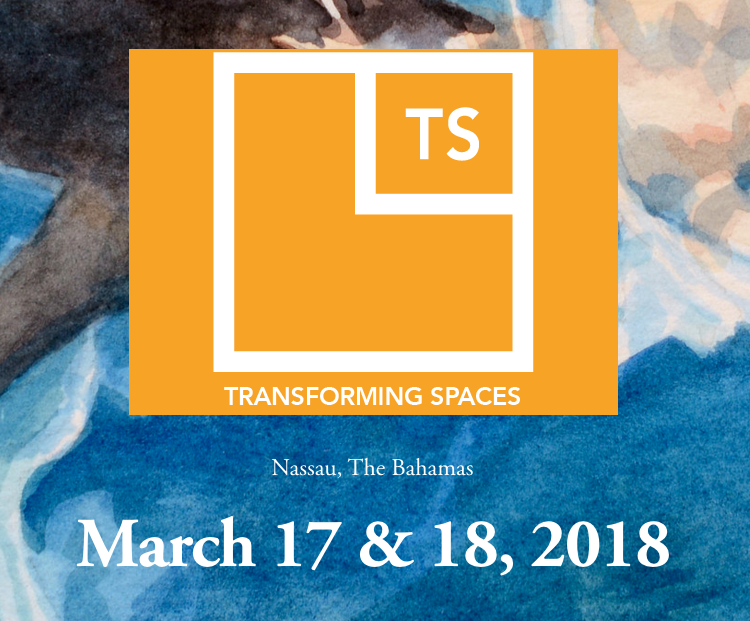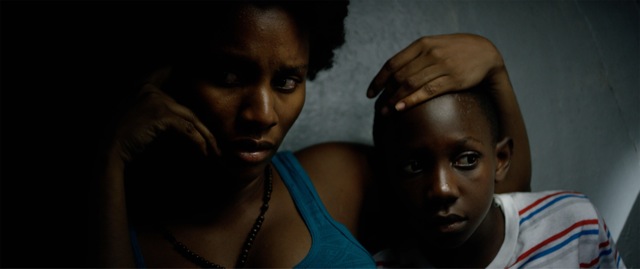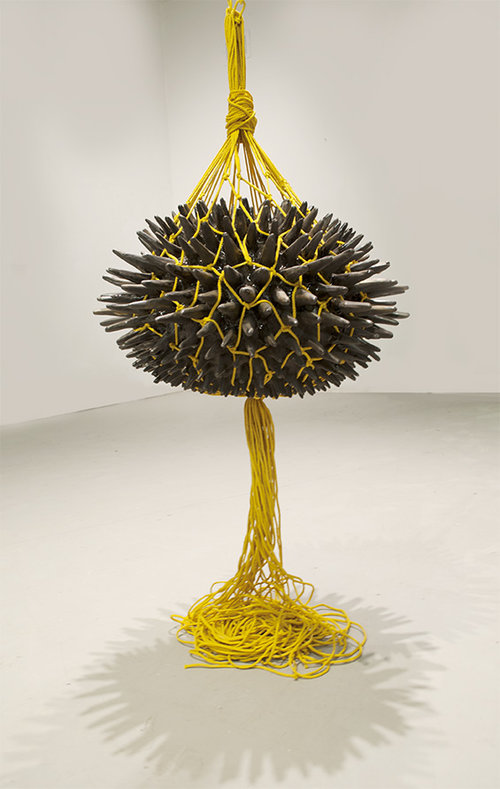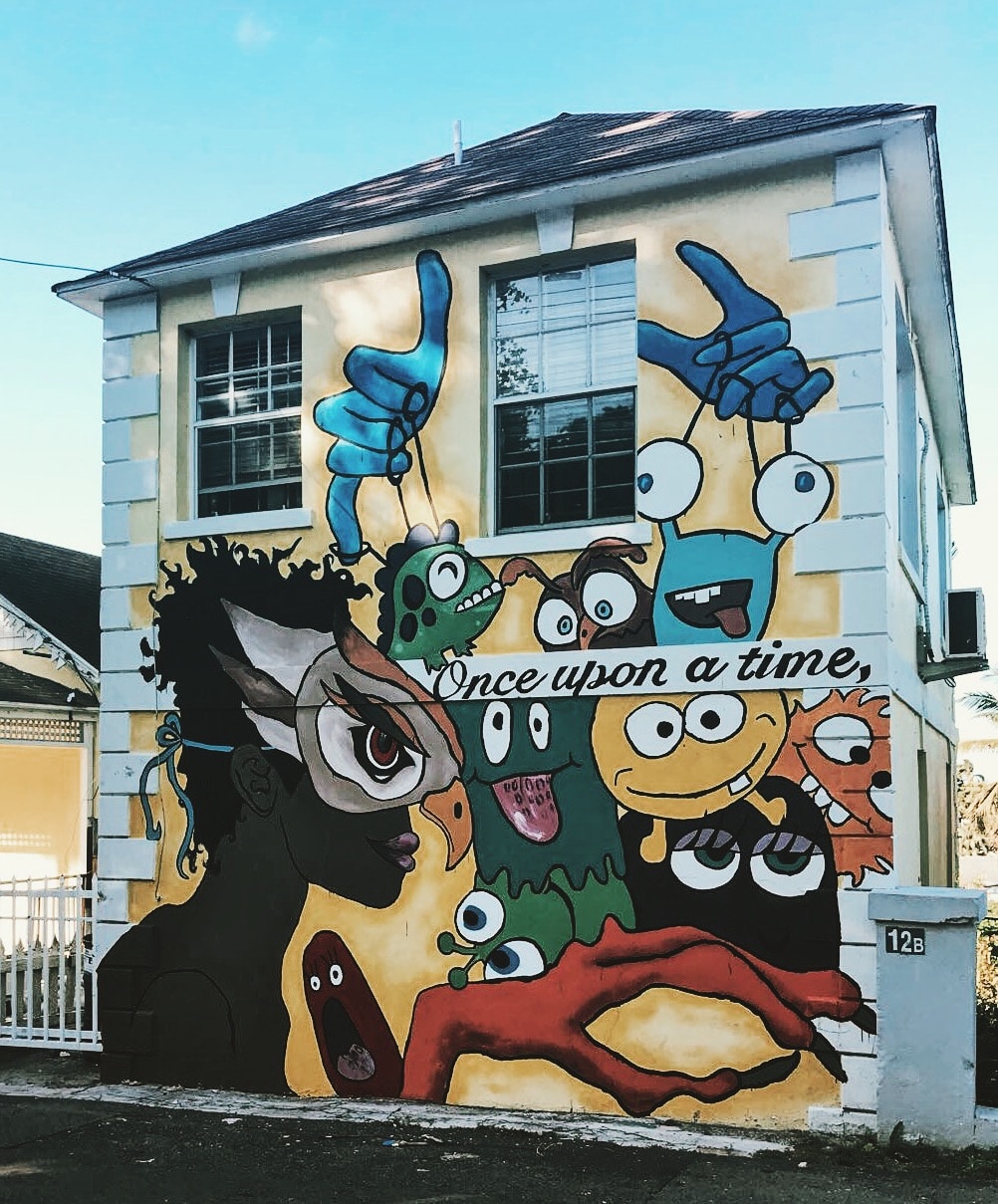By Keisha Oliver, The University of The Bahamas . As part of the last weekend’s Transforming Spaces (TS) 2018 tour, University of The Bahamas (UB) transformed the Hillside House gallery and courtyard into a cultural hub rooted in celebrating and reimagining Bahamian traditions through creativity. UB faculty, staff, students and alumni came together to showcase the music, visual, culinary and literary arts under the theme ‘Historic Nassau’ from March 16 to 18th. Over the years Transforming Spaces has been committed to supporting and engaging UB art students through volunteerism and exhibition opportunities. This year UB’s participation stems from its interest to cultivate an interdisciplinary shared culture. Curated by UB Assistant Professor and Visual Arts Programme Coordinator Keisha Oliver the event was designed to identify the institution as a community dedicated to honouring the accomplishments and talents of its students, staff, faculty and alumni.
Currently browsing: Uncategorized
Beadle, the Mechanic: An Interview with John Beadle on his work for “We Suffer To Remain”, part II.
By Natalie Willis. Last week we heard John Beadle speak to his participation in “We Suffer To Remain”, an exhibition in collaboration with the British Council. The works produced in “We Suffer To Remain”–the Bahamian leg of a 4-part journey of the British Council’s “Difficult Conversations” series of exhibitions– serve as Caribbean response to Scottish artist Graham Fagen’s work, “The Slave’s Lament”. Shown at the Venice Biennale in 2015 as a representation for Scotland in the global art biennial, and choosing to uncover the country’s complicit nature in the Slave trade and the general amnesia surrounding Britain with their role and repercussions in chattel slavery – there is more to this work than meets the eye. Here is a not-so-difficult conversation with Beadle.
From the openings!
“Traversing the Picturesque: For Sentimental Value” – The Colonial Gaze
By Holly Bynoe. On March 22nd through July 29th, The National Art Gallery of The Bahamas presents the first of two historical surveys exhibitions that include works produced from 1856-1960 by visiting artists and expatriates, who were inspired by the then-colony’s landscapes, people, luminescence, coastlines and seas and bustling lifestyles. Traversing the Picturesque: For Sentimental Value draws from several familiar and a few new collections to detail the breadth and scope of how The Bahamas has been framed within the popular global imagination and the impact of the colonial and outsider gaze on the development of a historical understanding of the nation.
Time Travel and Building Bridges in “A True & Exact History”: An interview with Sonia Farmer, Pt II
By Natalie Willis
This week we continue our interview with Sonia Farmer on her work for the upcoming collaborative exhibition with the British Council, “We Suffer To Remain”. It is difficult to think about just who gets to discuss our history, when some voices are silenced, and others get a proverbial loudspeaker. Farmer’s artist book “A True & Exact History”, a poem produced from her erasure of Richard Ligon’s “A True & Exact History of the Island of Barbadoes” (1657), deals with just that.
Speaking of culture: Thinking about change
By Dr Ian Bethell-Bennett, The University of The Bahamas. Over the last few weeks we have been journeying through “Medium: Practices and Routes of Spirituality and Mysticism” and discussing linkages with the upcoming show “We Suffer To Remain”, an international collaboration between the British Council and The National Art Gallery of The Bahamas. Writing this piece from Dubai at the Chamber of Commerce conference for Latin America and preparing for Expo2020 the polemics of culture become more clearly abstracted. So much of our culture and life resides beneath the surface. From time to time it surfaces to be revealed in stunning works of art, vibrant crafts, suggestive and politically critical music, or just fried into a fried-dry piece of chicken. We overlook that we exist in culture and that our culture dictates how we think about who we are and how we respond to a crisis.
TRANSFORMING SPACES 2018
Traveling Caribbean Film Showcase 2018: The unfixing of our identities
By Dr Ian Bethell-Bennett
Migration, the moving image, the environment and cultural identity are all a part of the treasure chest of what could be referred to as national or cultural identity. In the context of The Bahamas, cultural identity is distinct and unique because of the archipelagic nature of the country. This, of course, takes into consideration all the nuances and complexities of the differences between–let’s say Bimini and Ragged Island–that have very little in common, but all form a part of what makes up Bahamian national identity.
“To Have and Not To Own”: An Interview with Anina Major (Part II) on bodies and history
By Natalie Willis
Continuing on last week’s interview, the discussion builds on the rest of the body of work that Anina Major is producing for “We Suffer To Remain”, an exhibition featuring “The Slave’s Lament” (2015) by Scottish artist Graham Fagen alongside three Bahamian artists, Sonia Farmer and John Beadle included. Major’s work and much of the exhibition deals with the legacies of slavery as embodied by us as post-colonial subjects. This week she speaks to that embodiment, to pain, and to what it means to inhabit a Black feminine body in relation to the ideas brought up by this exhibition as well as recent events in the country.
Mural Walk & Talk: Introducing works from the National Collection in a whole new way
By Malika Pryor Martin.The National Art Gallery of The Bahamas first introduced its mural programme in 2015 as part of a revamped and revitalised summer camp programme. The murals would remain on view at the NAGB for one year before another artist and group of creative campers replaced it the following summer with new ideas and concepts. Makers, who are both members of the NAGB team and professional artists beyond our walls, contributed to the campus effort. It served as inspiration for hundreds of young people and as creative fuel for the participating artists.
